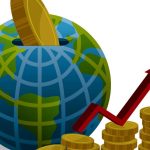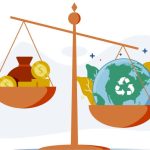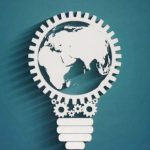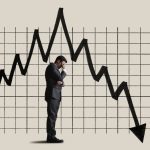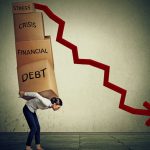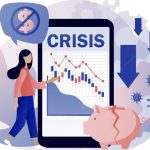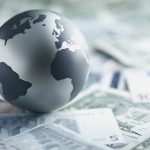The field of International Political Economy (IPE) is constantly evolving as it seeks to understand the complex relationships between economics and politics on a global scale. If you’re looking to learn more about this important area of study, or if you need to know more about IPE for your coursework, then look no further. In this post, we’ll explore some of the key issues in IPE and provide you with some useful resources to help you continue your learning. So let’s get started!
Emerging issues in international political economy: a look at the latest trends
In recent years, international political economy (IPE) has become one of the most popular fields in the social sciences. That’s because it offers a unique perspective on the world, allowing us to see how economic and political forces interact with each other.
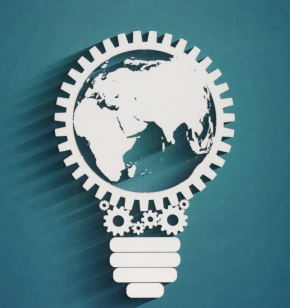 If you’re interested in learning more about IPE, this article is for you. First, we’ll cover some of the basics of this field, including its history and key concepts. Additionally, we’ll discuss some of the most important issues that IPE scholars are currently exploring.
If you’re interested in learning more about IPE, this article is for you. First, we’ll cover some of the basics of this field, including its history and key concepts. Additionally, we’ll discuss some of the most important issues that IPE scholars are currently exploring.
So, what exactly is international political economy? So put, it’s the study of how economics and politics shape each other globally.
IPE scholars examine a wide range of topics, including trade, investment, finance, and migration. They also study the impact of international organizations such as the World Trade Organization (WTO) and the International Monetary Fund (IMF).
IPE is a relatively new field; it only emerged in the 1970s. Prior to that, most economists and political scientists focused on their own disciplines without considering how they might interact.
However, two key events helped to spark interest in IPE: the oil crisis of 1973 and the debt crisis of 1982. These crises made it clear that economic and political forces were deeply intertwined and that we couldn’t understand one without considering the other.
In the decades since, the field of IPE has grown rapidly. Today, hundreds of scholars work in this area, and it’s taught at universities around the world.
There are a few key concepts that all IPE scholars need to know. First, there’s the idea of “globalization.”
Globalization is how economies, cultures, and societies become increasingly interconnected. It’s driven by things like technology, trade, and investment.
IPE scholars study how globalization affects different actors in the international system, including nation-states, multinational corporations, and global institutions.
Another important concept is “hegemony.” Hegemony refers to the dominance of one state or group of states over others.
For example, the United States has been the hegemonic power in the world economy since the end of World War II. This has allowed it to shape global trade rules and institutions in ways that favor its own interests.
IPE scholars often study how hegemony affects economic outcomes, such as trade flows and investment patterns. Additionally, they examine how hegemony can lead to conflict and wars.
Finally, there’s the concept of “institutionalism.” Institutionalism is the idea that international organizations and treaties shape state behavior.
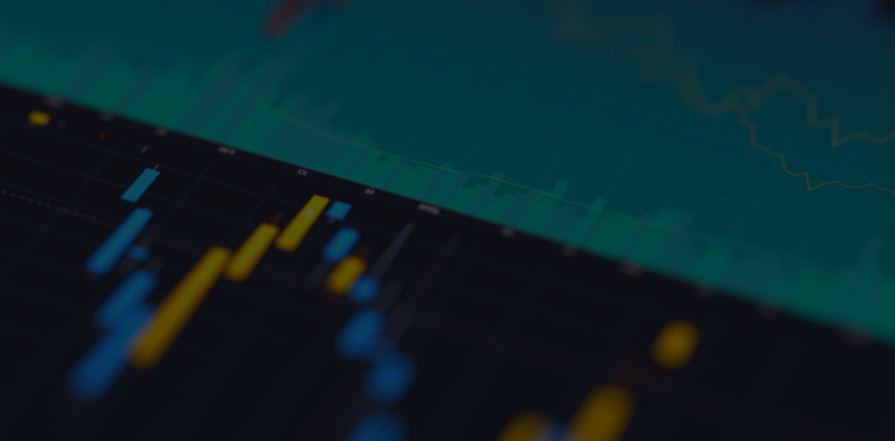
For instance, the WTO sets rules for international trade, while the IMF provides loans to countries in financial distress. IPE scholars study how these institutions affect economic policymaking and outcomes.
There are a number of different approaches that scholars use to study international political economy. The most common is “neoclassical economics” and “rational choice theory.”
Neoclassical economics is the mainstream approach in economics, and it focuses on how market forces shape economic activity. IPE scholars who take this approach often use game theory to analyze how different actors might respond to changes in the global economy.
International political economy: the state of affairs
The current state of affairs in the international political economy is one of great flux and uncertainty. The past few years have seen major economic and political changes that have shaken the status quo and left many countries scrambling to adapt.
The most obvious change has been the rise of China as a major economic power. This has had a profound impact on the global economy and the geopolitics of the Asia-Pacific region. China’s economic growth has been a major driver of global growth in recent years, but it has also created new challenges for other countries. For example, China’s demand for commodities has driven up prices worldwide, while its competition with other countries for limited resources has led to tensions.
Another major change has been the global financial crisis, which began in 2008. This has had a profound impact on the world economy and has led to a number of countries adopting austerity measures to try and reduce their budget deficits. The crisis has also led to a number of countries rethinking their economic policies, with some adopting more protectionist measures to shield their industries from competition.

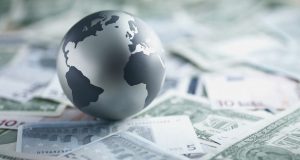
 If you’re interested in learning more about IPE, this article is for you. First, we’ll cover some of the basics of this field, including its history and key concepts. Additionally, we’ll discuss some of the most important issues that IPE scholars are currently exploring.
If you’re interested in learning more about IPE, this article is for you. First, we’ll cover some of the basics of this field, including its history and key concepts. Additionally, we’ll discuss some of the most important issues that IPE scholars are currently exploring.



 I am an economist and nature lover. By day, I serve as director of economic policy initiatives & institute fellow at the Finance Institute. By night, I muse about economics, finance, nature, and life here at makewallstreetpay.org. I also advise and invest in start-up companies.
I am an economist and nature lover. By day, I serve as director of economic policy initiatives & institute fellow at the Finance Institute. By night, I muse about economics, finance, nature, and life here at makewallstreetpay.org. I also advise and invest in start-up companies.
